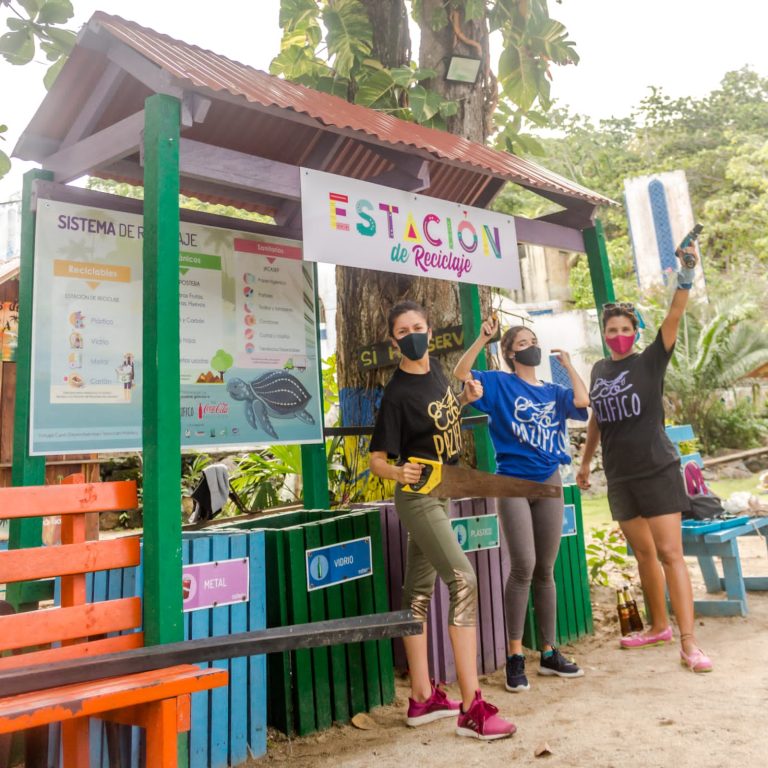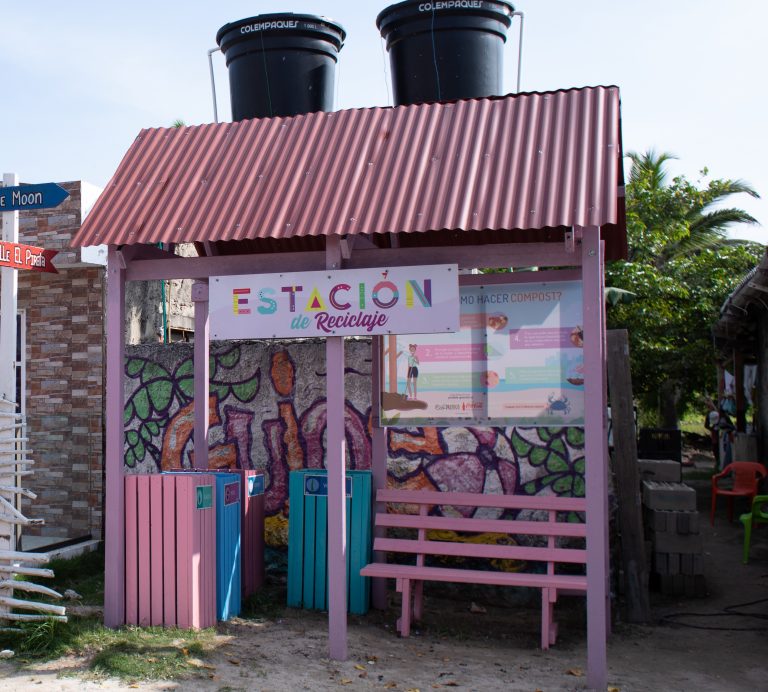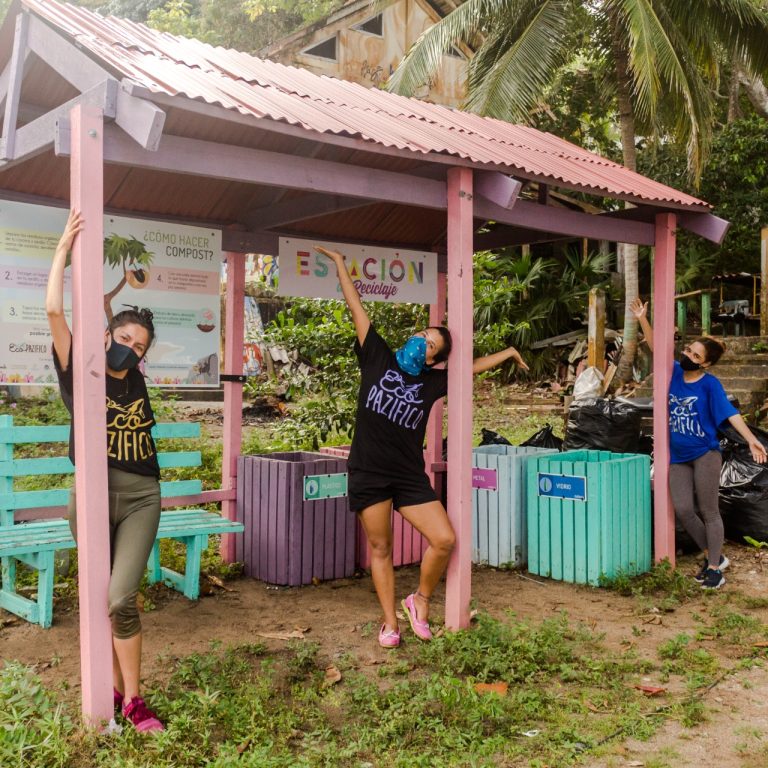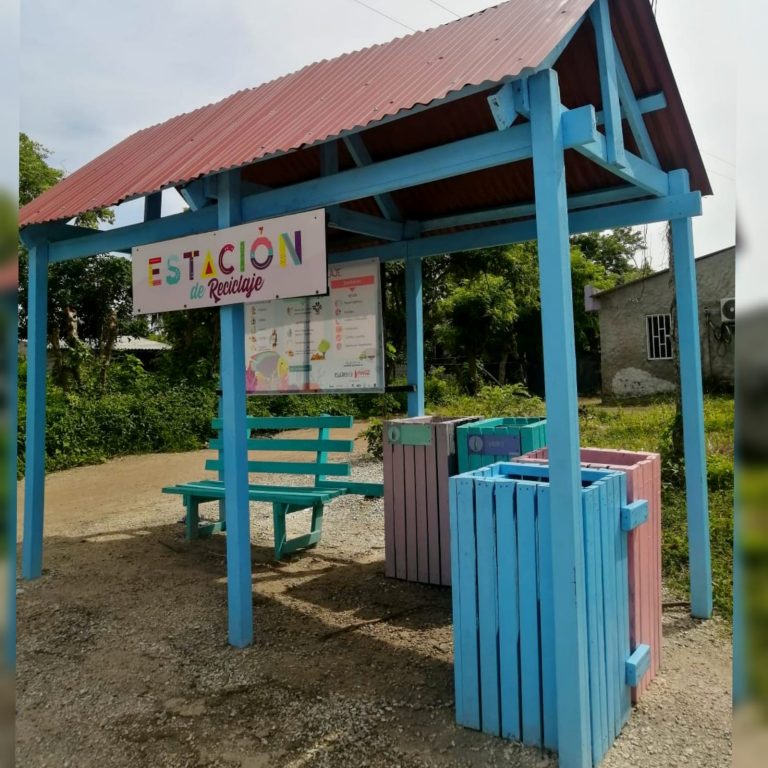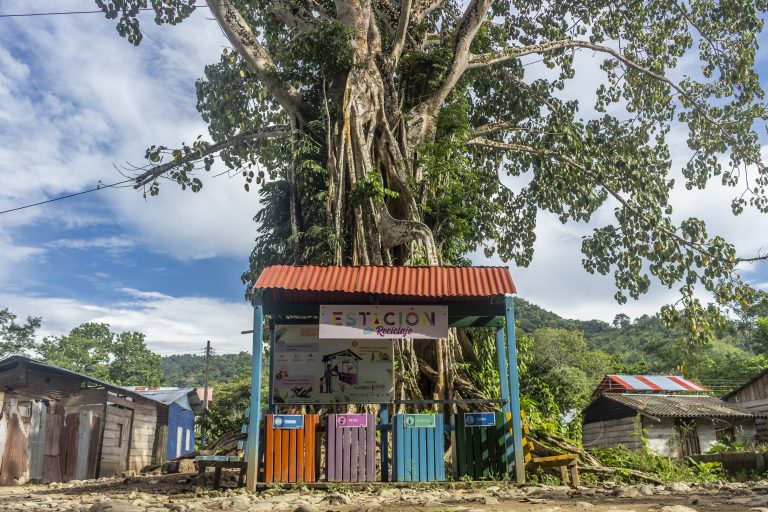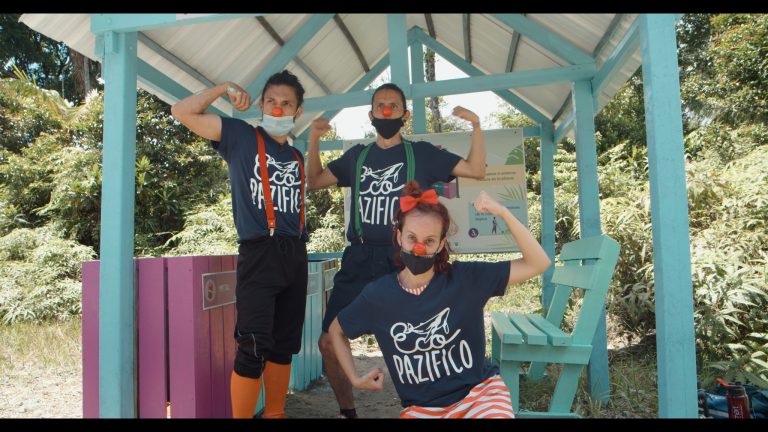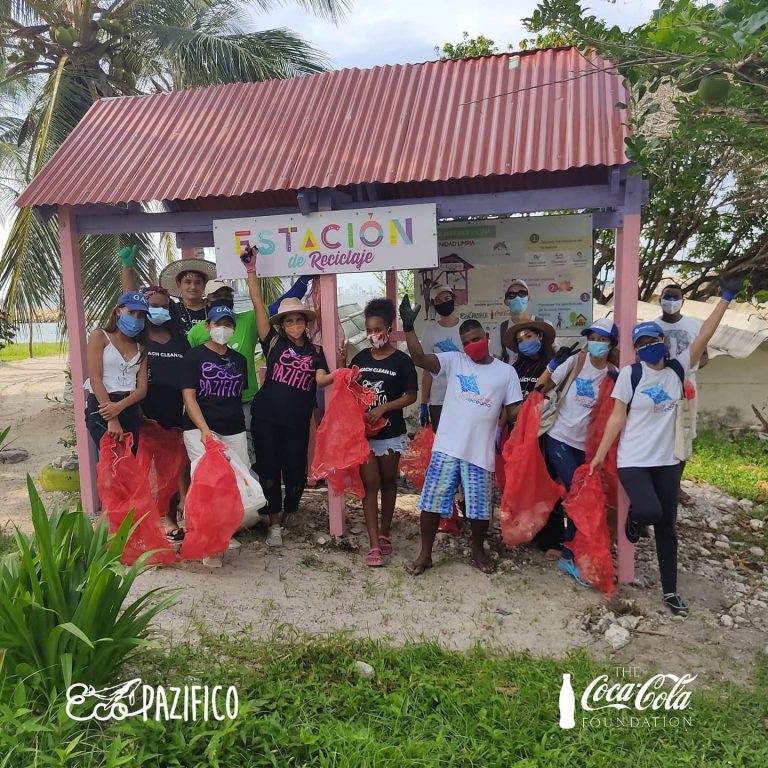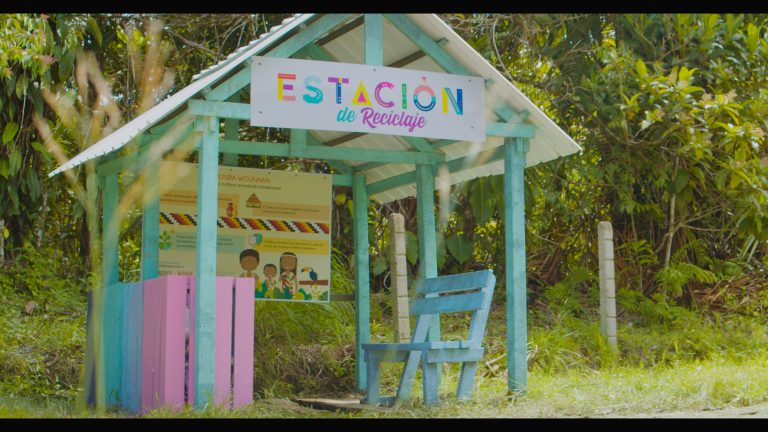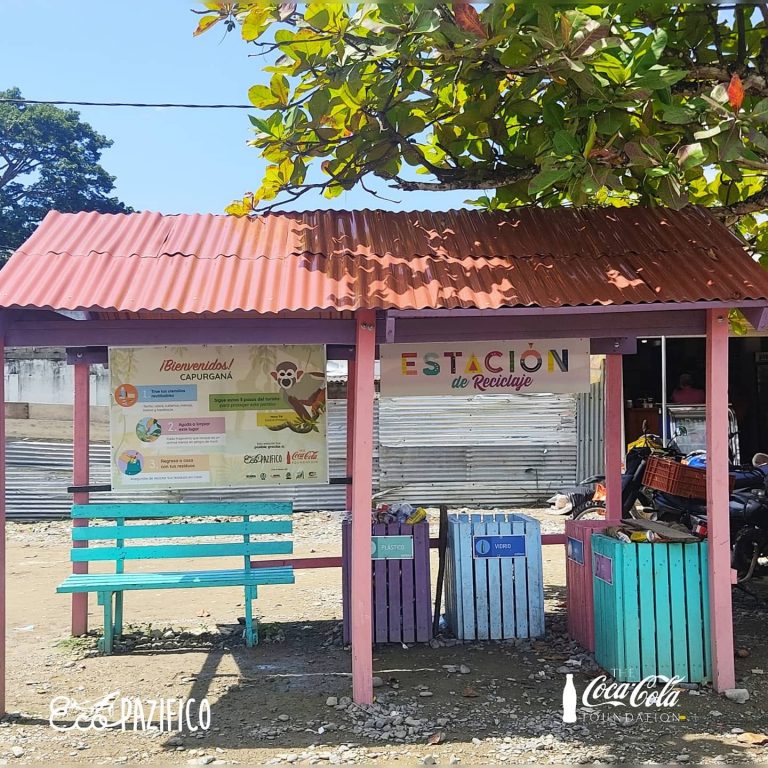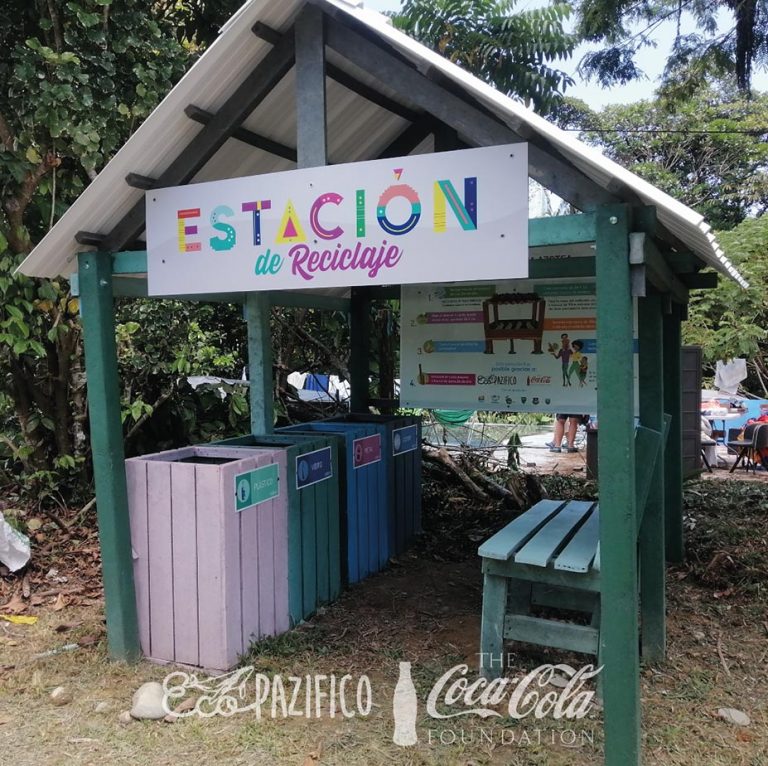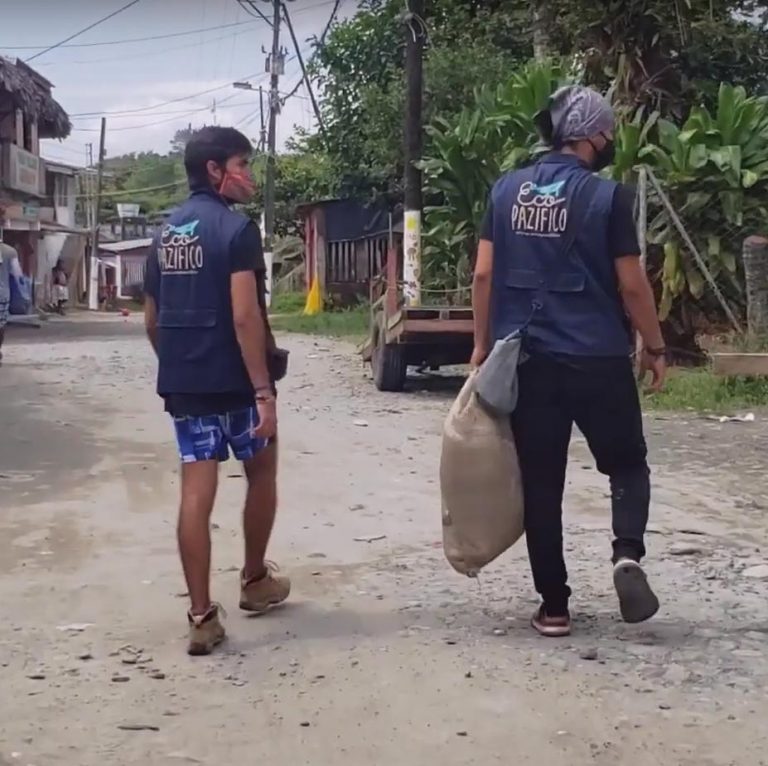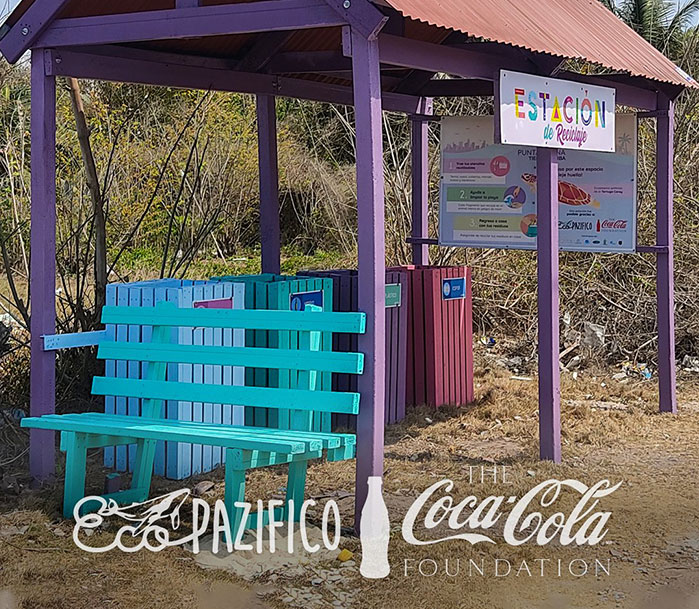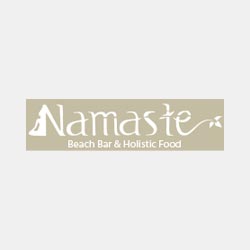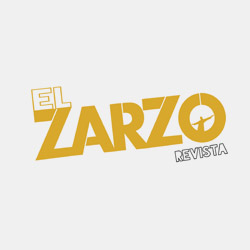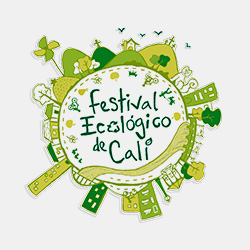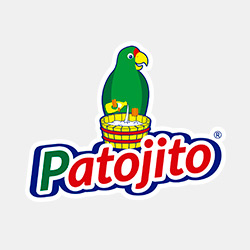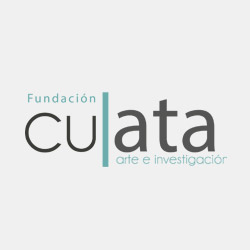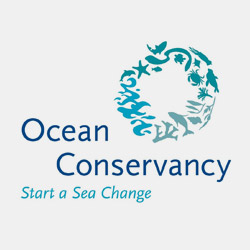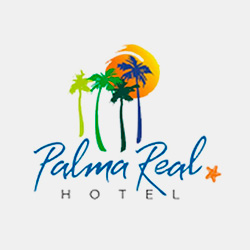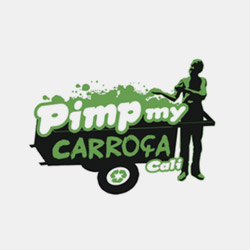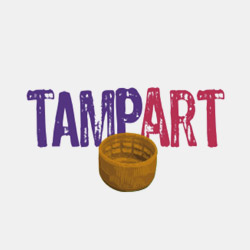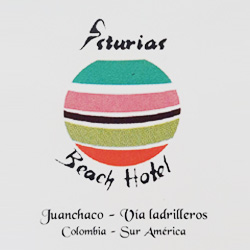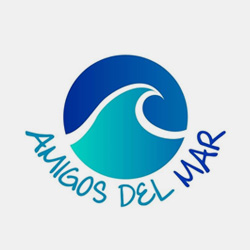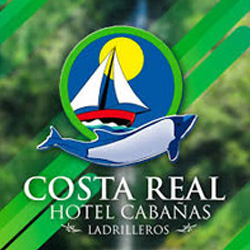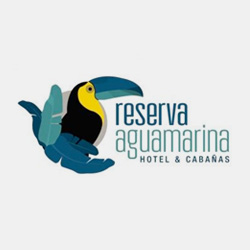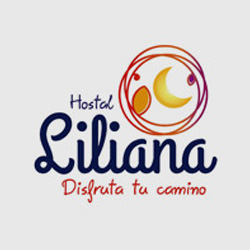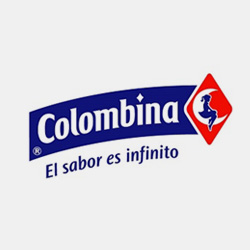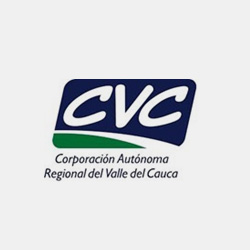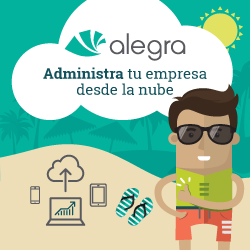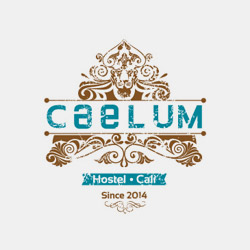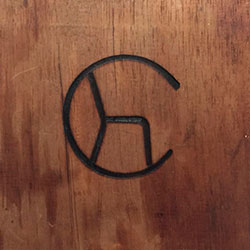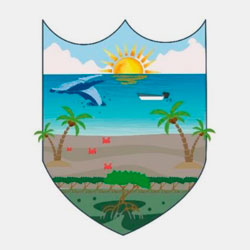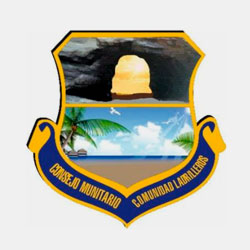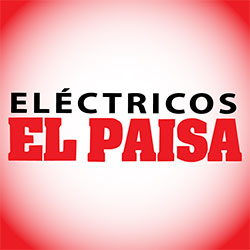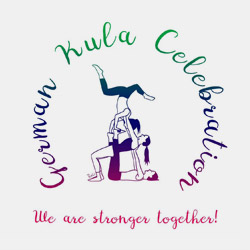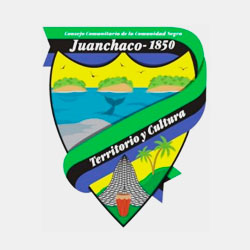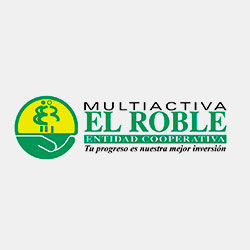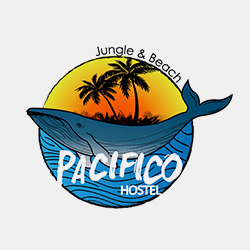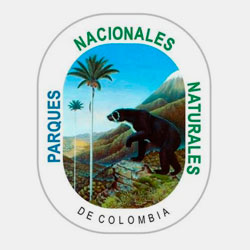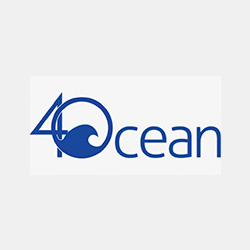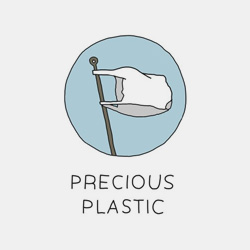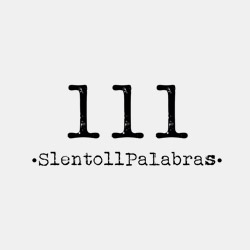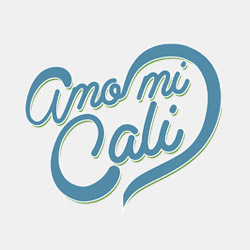We were in the territory of #Capurganá ending a year...
Read MoreOperation Station
About the project
Our recycling stations aim to provide both residents and visitors, spaces to dispose of in an orderly manner the waste generated in the community, or collected on the beaches.
Structures made out of 100% recycled plastic lumber, located in strategic points for both community members and tourists. We’ve successfully placed 18 recycling stations in five different communities along the Pacific, Caribbean, and Atlantic coasts of Colombia.
These regions, renowned for their ecological richness, have faced significant plastic pollution challenges. Our stations are reducing the amount of waste that gets burned or buried introducing the concept of recycling to inhabitants and tourists.
check out all our operation station adventures here:
link to blog posts
Last stations installed
Operation Station Tierra Bomba #4 with Coca-cola
To inaugurate station #4 of Punta Arena on the island...
Read MoreOperation Station #3 in Capurganá with Coca-Cola
To celebrate recycling station #3 installed on Capurganá beach, Rommy...
Read MoreOperation Station #3 in Tierra Bomba with Coca-cola
In this Limpiaventura, we had the great honor of sharing...
Read MoreOperation Station #2 in Capurganá with Coca-Cola Foundation
Capurganá is a territory of approximately 5000 inhabitants, and its...
Read MoreOperation Station in Ladrilleros with Coca-Cola Foundation
This was our week of permaculture and environmental education for...
Read MoreOperation station #2 in Tierra Bomba with Cocacola
Tierra Bomba now has its second recycling station located in...
Read MoreOperation Station Villa Paz-Ladrilleros with Coca-Cola Foundation
When you pass through Villa Paz, look for the station...
Read MoreOperation Station #1 in Capurganá with Coca-Cola Foundation
This was our adventure in Capurganá! This dream began with...
Read MoreOperation Station 2 in LADRILLEROS with Coca-Cola Foundation
How to Build a raised bed garden!During our second round...
Read MoreOperation Station 1 in LADRILLEROS with Coca-Cola Foundation
We are immensely happy and grateful to announce that #fundacioncocacola...
Read MoreOperation Station #1 in Punta Arena – Tierra Bomba – March 2021
3 steps to reduce plastic pollution In December 2014, Ecopazifico...
Read MoreFAQ
Frequently asked questions about the recycling stations
100% recycled plastic wood
In the pacific Juanchaco and Ladrilleros:
- Plastic
- Glass
- Metal
- Icopor
Much of this material has been transported by @armadacolombia to Buenaventura, and donated to different groups of recyclers.
Although glass is a recyclable material, it is not commercial in Colombia.
We are quoting glass pulverizers, so that we can reduce its volume and use it as sand in construction. In the meantime, we are storing it at collection points.
Icopor is a recyclable material, but only in the city of Bogotá.
Moving these volumes to the interior of the country from a remote, coastal community is not cost-effective.
Students from the national university are doing research to transform it in the territories.
Metal is one of the easiest materials to sell and transport. Almost all remote communities in Colombia have at least one scrap metal dealer who moves it to the interior of the country and sells it if it is profitable.
Because it is a humid area, the cardboard gets wet very easily, it is almost impossible to move it in good condition to the interior of the country. This has led us to make it part of the territory’s organic waste group.
The entire population is asked to dig a hole in a shady place in their garden and deposit all their organic waste there, covering it with leaves and sticks.
- Pacific: the population is asked to burn it on their own properties and not on public beaches.
- Caribbean: Veolia collects this waste 3 times a week and takes it to the sanitary landfill in Cartagena.
- Atlantic: Jacasep collects them 3 times a week and transfers them to the Capurganá open dump.
Join our movement
Subscribe to our NEWSLETTER and keep up to date on all our activities, as well as all the exciting things that happen in our community.
